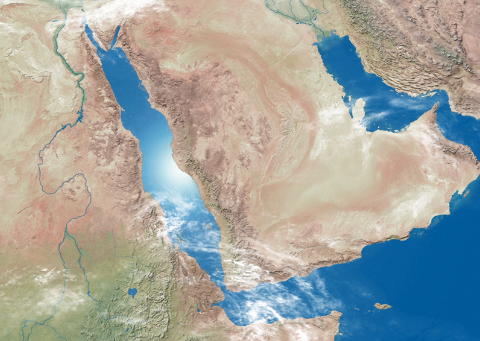NEWS COMMENTARY, RADIO KWARA, ILORIN.
DATE: THURSDAY 11TH JANUARY, 1990.
WRITER: LANRE KAWU
TITLE: On The Search For Co-Operation In The Red Sea Region,
This week, a joint ministerial delegation from North and South Yemen has been visiting Addis Ababa, Ethiopia, for exploratory talks, on co-operation between nations of the Red Seas region. The Addis visit, was sequel to the agreement reached between the two Yemen to end the long standing political and ideological conflict between them, with the ultimate intention of re-uniting the two halves of the country. If the moves towards unity prove to be genuine and long-lasting, a major source of regional tension would certainly be removed, and the Red Sea, could witness a new lease of development life.
These latest moves for regional co-operation come as the Ethiopian government too, was attempting to resolve the internal questions of secession in Eritrea, where its major Red Sea ports, such as Assab, are located. The Red Sea area is a vital region of the world. It Is a vital artery of trade, especially the trade in petroleum, and has been so for a very long time.Given this geo-political reality of the region, it has always attracted the interest of extra-regional powers, such as the United States and the Soviet Union.
In the 1960s, there were revolutionary upheavals in the Yemen, which were seen as a threat to the conservative Arab regimes of Oman and Saudi Arabia. The United States, operating from the Ethiopia of Haile Selassie, made every effort to knock under, the Yemeni process. While the Soviet Union too, started to make use of the Somali Red Sea port of Hargeisa, in the 1970s, within the context of the equations of justling for positions of influence in the Red Sea.
The present attempt at reviving regional co- operation comes in the wake of the lessening tension not only in the region, but all over the world. It accords with the interest of the people of the region who have made tremendous sacrifices, in the pursuit of their independent development.The Red Sea region, if it can become a zone of genuine co-operation amongst its various people, can similarly help to remove the presence of the armada of the big powers from that region of the world.
That moves for regional co-operation are being made in different parts of the developing world, augur well for the hopes of the peoples, to make the decade of the nineties, a decade of cooperation peace and development.


